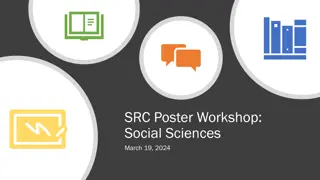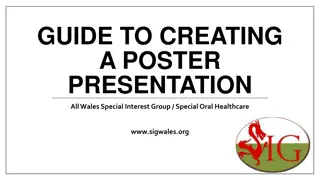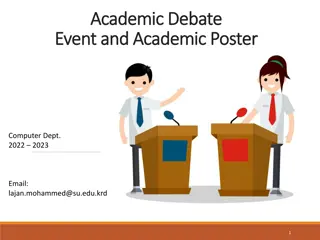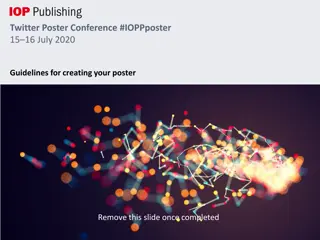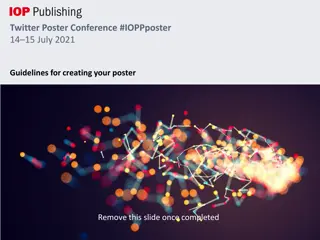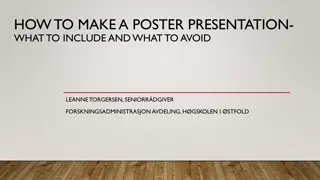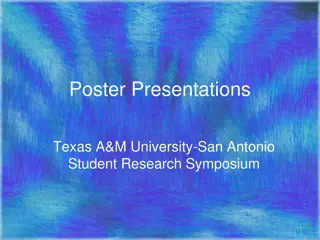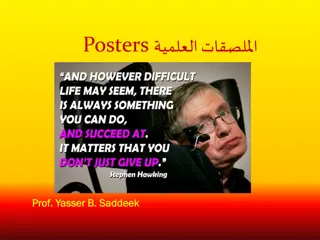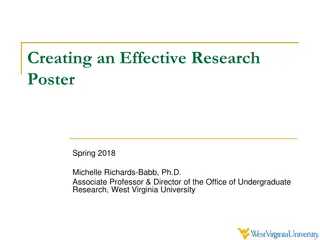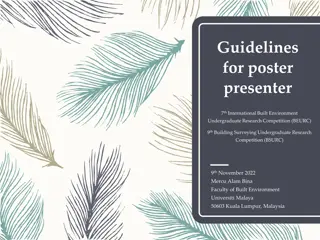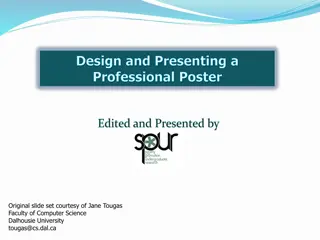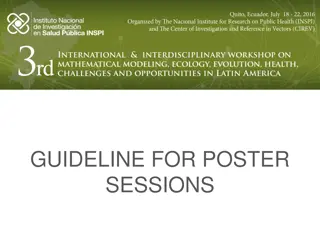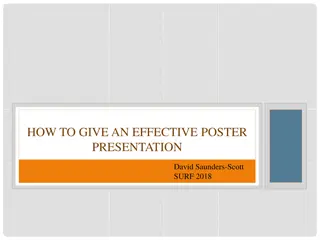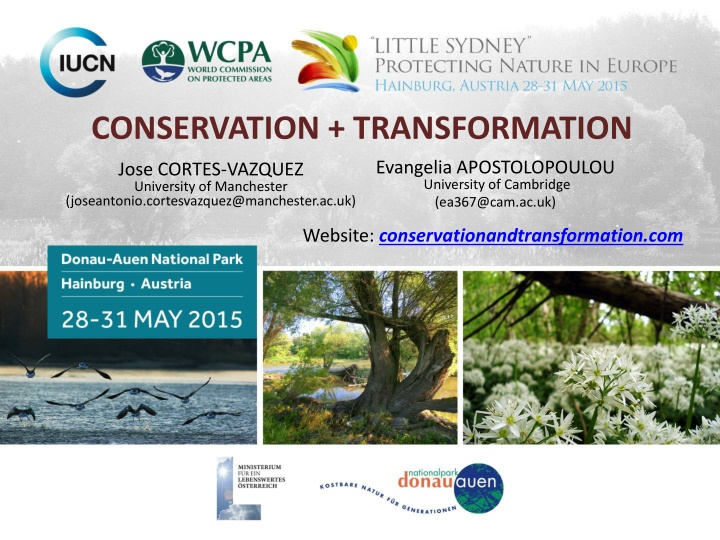
Conservation and Transformation Project in Post-Crisis Europe
Explore the collaborative project "Conservation + Transformation," focusing on the impact of the economic crisis on nature conservation and protected areas in Europe. Discover innovative solutions and achievements addressing political, economic, and social contradictions in post-crisis Europe, bridging gaps between social sciences, environmental activism, park management, and nature scientists.
Download Presentation

Please find below an Image/Link to download the presentation.
The content on the website is provided AS IS for your information and personal use only. It may not be sold, licensed, or shared on other websites without obtaining consent from the author. If you encounter any issues during the download, it is possible that the publisher has removed the file from their server.
You are allowed to download the files provided on this website for personal or commercial use, subject to the condition that they are used lawfully. All files are the property of their respective owners.
The content on the website is provided AS IS for your information and personal use only. It may not be sold, licensed, or shared on other websites without obtaining consent from the author.
E N D
Presentation Transcript
CONSERVATION + TRANSFORMATION Evangelia APOSTOLOPOULOU University of Cambridge (ea367@cam.ac.uk) Jose CORTES-VAZQUEZ University of Manchester (joseantonio.cortesvazquez@manchester.ac.uk) Website: conservationandtransformation.com
Overview: CONSERVATION + TRANSFORMATION is a collaboration of two environmental social scientists. Our project focuses on the impact of the economic crisis in nature conservation and protected areas in Europe, where strategies to meet Aichi target 2 for natural accounting or UNEP s calls towards the establishment of a green economy coexist with diminishing environmental regulatory frameworks in the wider context of budget cutbacks and austerity policies. Aims: Our goal is to incorporate social and political research to the on-going discussions about the present problems and future opportunities of nature conservation and protected areas in Europe. Approach/Methods: Policy document analysis and qualitative/quantitative research of: The application of market-based instruments in conservation (e.g. carbon credits, biodiversity offsets, payments for ecosystem services). Conflicts between development and nature protection (e.g. between protected areas and fracking, mining, and large infrastructure projects). The outcomes of budget cutbacks and austerity in nature and nature conservation. Locations: Cases in the UK, Greece, Ireland and Spain.
Inspiring and innovative solutions for protected areas arising from the project: The problem: Threats to nature, its biological diversity and protected areas are now at the highest level in human history (Promise of Sydney Vision). In post-crisis Europe this threat could be increased by austerity and market-based solutions. The debate about the future of protecting nature in Europe should address more thoroughly and explicitly the contradictions between the protection of nature and forms of production and consumption under global capitalism. Our proposed solution: Using social sciences to identify which solutions could overcome these contradictions and which solutions could reinforce or generate new ones. Two key steps: To analyse how biodiversity conservation in Europe is being reconstructed around the measurement of the economic values of nature and the outcomes and social conflicts that this reconstruction generates. Time period: 2014-2015. To promote a multi-concerned and multidisciplinary dialogue between social scientists, environmental activists, nature experts and Park officials about the relation between nature protection, capitalism and politics. Time period: 2016.
What makes the project innovative and effective? This project bridges existing gaps between: The critical analysis in social sciences of nature-society relations under capitalism. The actions and commitment of environmental activists. The managerial capacities and responsibilities of Park officials. The key role of nature scientists in nature conservation. Key achievements: Unveiling the political, economic and social contradictions in nature conservation in post-crisis Europe. Generating a joint discussion with social scientists, nature scientists, environmental activists and Park officials about the impact of these contradictions and the future of nature conservation. The collaborative production of a list of specific political initiatives that could define an alternative environmental agenda.
Drivers of success: Collaboration: Two independent social researchers with a nature science background, working together. Experience: A decade of research experience in the study of power and conflicts in conservation across Europe. Representativeness: A comparison of four different contexts and their different social and political backgrounds: Greece, UK, Spain and Ireland. Enabling factors: Motivation: a theoretical and practical commitment with alternative ways of understanding and relating to nature. Availability: Full-time, fully funded research positions to undertake this research and engage in these dialogues. Intrinsic: Extrinsic: Timing: conservation supporters and practitioners about the impact of the economic crisis, budget cutbacks conservation policies and strategies. Predisposition: A critical attitude among activists, conservation officials and nature scientists towards capitalism and conservation. A growing concern among and austerity in This project is funded with two independent Marie Curie Intra-European Fellowships within the 7th European Commission Framework Programme Grant: PIEF-GA-2013-623409, PAENCE PIEF-GA-2013-622631, CESINE conflicts between





